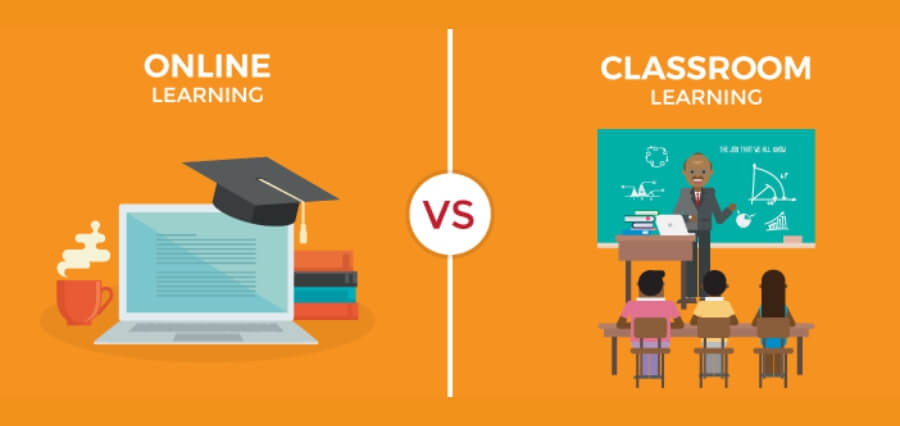The Rise of Online Degree Programs: Are They as Effective as Traditional Education?

The rise of online degree programs has transformed the landscape of higher education, offering students the flexibility to earn degrees from the comfort of their own homes. With advancements in technology, online education has become a mainstream option, providing opportunities for a diverse range of learners. However, as the popularity of these programs continues to grow, many are left wondering: Are online degree programs as effective as traditional education?
One of the key advantages of online degree programs is the flexibility they offer. Students can access course materials, lectures, and assignments at their convenience, making it easier to balance academic responsibilities with work, family, and other commitments. This flexibility is particularly appealing to adult learners, working professionals, and individuals who live in remote areas or have limited access to traditional educational institutions. Online programs also allow students to study at their own pace, with some programs offering asynchronous learning, which eliminates the need to adhere to strict class schedules.
Another benefit of online education is the accessibility it provides. Students from all over the world can enroll in online degree programs, regardless of their geographical location. This democratization of education allows individuals who may not have had the opportunity to attend a traditional university—due to financial constraints, location, or other barriers—to pursue higher education. Online programs also often offer a wider variety of courses, allowing students to explore specialized fields of study or non-traditional subjects that may not be available at local institutions.
However, online education is not without its challenges. One of the most commonly cited concerns is the lack of face-to-face interaction. Traditional education allows students to engage in in-person discussions, ask questions in real-time, and participate in group activities that foster collaboration. While many online programs utilize video lectures, discussion boards, and virtual classrooms, the absence of physical presence can make it more difficult for students to build personal connections with instructors and peers. This can lead to feelings of isolation, particularly for students who thrive in social learning environments.
Additionally, the self-discipline required for online learning can be a significant challenge for some students. Without the structure of a traditional classroom, online learners must manage their time effectively, stay motivated, and complete assignments independently. While some students excel in this environment, others may struggle with procrastination, lack of accountability, or difficulty staying engaged with the material. This self-directed learning style may not be suitable for every student, particularly those who benefit from the more structured approach of traditional education.
The quality of online degree programs has also been a point of debate. While many online programs are offered by accredited institutions and provide a rigorous academic experience, others may not meet the same standards as their traditional counterparts. Students must carefully research online programs to ensure they are receiving a quality education that aligns with their career goals. Additionally, some employers may still place more value on degrees earned through traditional institutions, although this perception is slowly changing as online education becomes more widely accepted.
Despite these challenges, online degree programs have made significant strides in improving their effectiveness. Advances in technology, such as interactive learning platforms, virtual simulations, and gamified elements, have enhanced the learning experience and made online education more engaging. Furthermore, many institutions now offer hybrid programs, combining online and in-person learning, which allows students to benefit from the flexibility of online courses while still maintaining some level of face-to-face interaction.
In conclusion, online degree programs offer distinct advantages, such as flexibility, accessibility, and the ability to study at one’s own pace. However, they also come with challenges, including limited social interaction, the need for strong self-discipline, and concerns about the quality of certain programs. Ultimately, whether online education is as effective as traditional education depends on the individual student’s learning style, goals, and commitment. As technology continues to evolve and institutions refine their online offerings, online degree programs are likely to become an increasingly viable alternative to traditional education for many learners.










